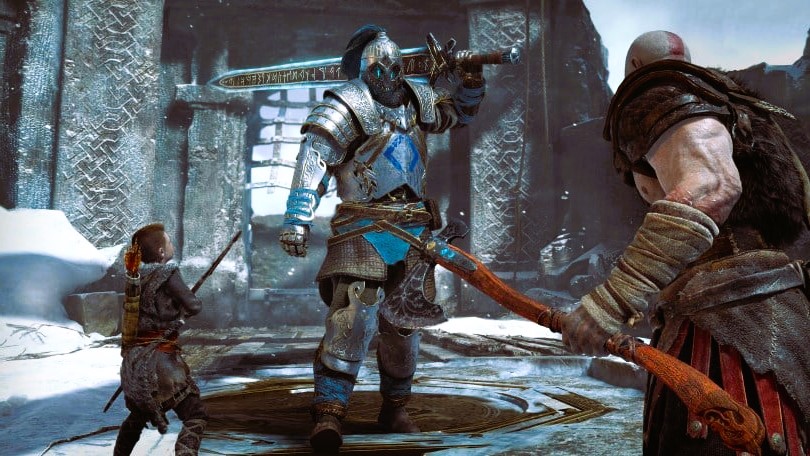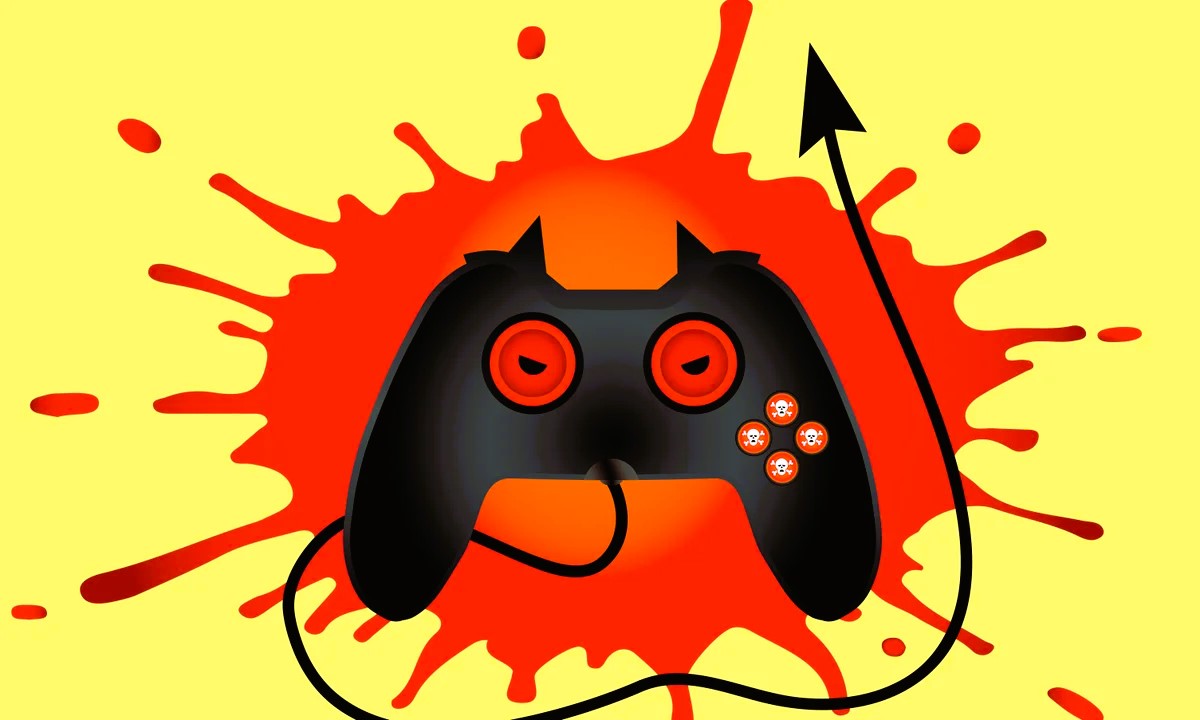Gaming has become one of the most popular forms of entertainment globally, and with its vast community, numerous games, and millions of players, it’s no surprise that myths and misconceptions have arisen over the years. From strategies to game mechanics, some of these myths have persisted for decades, shaping the way people approach games. But how many of these are based in truth, and how many are simply unverified claims passed down by gaming enthusiasts?
In this article, we will explore some of the most common gaming myths, dissect their origins, and see whether they hold any merit. Whether you’re a casual gamer or a seasoned pro, understanding what’s true and what’s not can help you navigate the gaming world more effectively.
Myth 1: Cheating Makes You Better at the Game
One of the most common myths is that using cheats or hacks can improve your skills or make you a better player. While cheats might help you progress through a game faster or make things easier, they do not improve your understanding of the game’s mechanics or help you develop your skillset.
Why It’s Not True:
- No Skill Development: Cheating bypasses the challenges and mechanics that are meant to test and improve your abilities as a player.
- Temporary Advantage: Most cheats or hacks provide a temporary boost or advantage, but once you’re in a fair match, you’ll likely struggle against skilled players who’ve developed their abilities through practice.
Cheating may offer instant gratification, but in the long run, it doesn’t contribute to becoming a better player. Mastery comes from understanding the mechanics and refining your technique, not from using shortcuts.
Myth 2: Older Games Are Always Worse Than Newer Games

With the gaming industry advancing rapidly in terms of graphics, gameplay, and technology, it’s easy to assume that older games are inferior to modern ones. Many gamers, particularly those who started with contemporary titles, might look at older games as outdated or less enjoyable.
Why It’s Not True:
- Timeless Gameplay: While older games might lack the visual fidelity of modern titles, many of them offer classic, addictive gameplay that stands the test of time. Games like Super Mario Bros., The Legend of Zelda: Ocarina of Time, and Tetris are still beloved by gamers for their innovative gameplay and enduring appeal.
- Nostalgia Factor: For many players, older games hold a sense of nostalgia, and replaying them can provide a unique sense of satisfaction and connection to gaming history.
Graphics and technology have undoubtedly advanced, but the core of what makes a game enjoyable—solid gameplay, compelling stories, and fun mechanics—hasn’t changed. Many older games still hold up today as some of the best ever made. To find out how to choose the perfect gamepad, read our comparison of the best models.
Myth 3: The More Expensive the Game, the Better the Experience
It’s a common belief that spending more money on a game guarantees a superior experience. Whether it’s a high-budget AAA title or an exclusive edition with added content, some players assume that higher-priced games are automatically better than their cheaper counterparts.
Why It’s Not True:
- Price Doesn’t Guarantee Quality: While AAA games often come with higher production values, intricate graphics, and a wealth of content, they don’t always translate into better gameplay. Some indie games, which are typically less expensive, can offer incredibly innovative mechanics, emotional stories, and deep, meaningful experiences.
- Microtransactions and Paid DLC: In today’s gaming environment, some high-priced games feature microtransactions, paid expansions, and loot boxes, which can dilute the value of the initial game purchase.
The quality of a game should be evaluated on its gameplay, story, and overall design, not just the price tag. Sometimes, the best experiences come from indie or lesser-known titles that focus on creativity and unique mechanics.
Myth 4: Playing More Will Always Make You Better
There’s a widespread belief that simply spending more time playing a game will lead to improvement. While practice is essential in gaming, it’s not just about the number of hours you put in. Without focused, intentional practice, playing more can sometimes lead to burnout or bad habits.
Why It’s Not True:
- Quality Over Quantity: Focusing on learning game mechanics, refining strategies, and analyzing your mistakes will help you improve faster than mindlessly grinding through hours of gameplay.
- Burnout and Fatigue: Playing too much without proper breaks can lead to fatigue, poor decision-making, and reduced performance in games. Balance is key to sustained improvement.
Smart, intentional practice and a focus on learning from mistakes are what drive improvement. It’s better to play with purpose than to just rack up hours without direction.
Myth 5: You Need the Best Equipment to Be Competitive
Many gamers believe that having the latest and greatest gaming hardware—whether it’s a top-tier PC, the newest console, or expensive peripherals—will automatically make them more competitive. While good equipment can improve comfort and performance, it’s not a guarantee of success.
Why It’s Not True:
- Skill Over Gear: While having the right equipment can give you an edge, the skill of the player is far more important. In competitive gaming, experience, strategy, and quick reflexes are more influential than the type of mouse or graphics card you use.
- High Skill Ceiling: Even with basic equipment, players can reach high skill levels by refining their techniques, learning game mechanics, and developing strategies.
While upgrading your gear can make the gaming experience more enjoyable, it’s ultimately your skills that will determine how well you perform in games.
Myth 6: You Have to Play on Hard Mode for a Real Challenge

Many gamers believe that in order to get the full experience or real challenge from a game, they must play on the hardest difficulty. While playing on higher difficulties can certainly increase the challenge, it doesn’t necessarily provide a better or more enjoyable experience for everyone.
Why It’s Not True:
- Difficulty Doesn’t Equal Fun: Some players find that playing on harder difficulties can lead to frustration, especially in games with poor difficulty balancing. A more accessible difficulty might provide a more enjoyable and engaging experience for players who want to experience the story or mechanics without excessive frustration.
- Player Preference: Different players have different preferences when it comes to difficulty. What is challenging and fun for one player may be an overwhelming and discouraging experience for another.
Hard mode isn’t always the best way to enjoy a game—it’s about finding the level of challenge that suits your personal preferences and playstyle.
Myth 7: All Video Games Are Violent
One of the longest-running myths about gaming is that all video games are violent. While some titles feature violence as part of their gameplay, the gaming industry is incredibly diverse, offering a wide range of genres and experiences that focus on creativity, problem-solving, and storytelling without any violence at all.
Why It’s Not True:
- Variety of Genres: There are countless non-violent games that cater to different interests, including puzzle games, platformers, simulations, and narrative-driven adventures. Games like Stardew Valley, Minecraft, and The Sims offer rich, non-violent experiences.
- Misrepresentation by the Media: The media often focuses on violent games, which contributes to the myth. In reality, the gaming world encompasses a wide spectrum of genres, including educational and non-violent games that are both enjoyable and engaging.
The gaming industry is diverse, and violence is just one of many elements found in some titles. Many games emphasize strategy, creativity, and exploration instead of combat.
Gaming myths have been passed down through generations of players, but it’s important to separate fact from fiction. Whether it’s about how to improve at a game, what makes a game great, or the way games should be played, understanding the truth behind these myths can improve your experience as a gamer.
To learn more about the evolution and impact of video games, check out Wikipedia’s article on Video Games.



